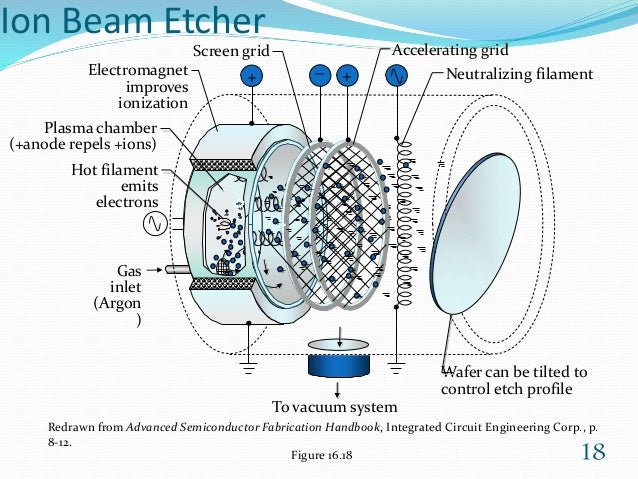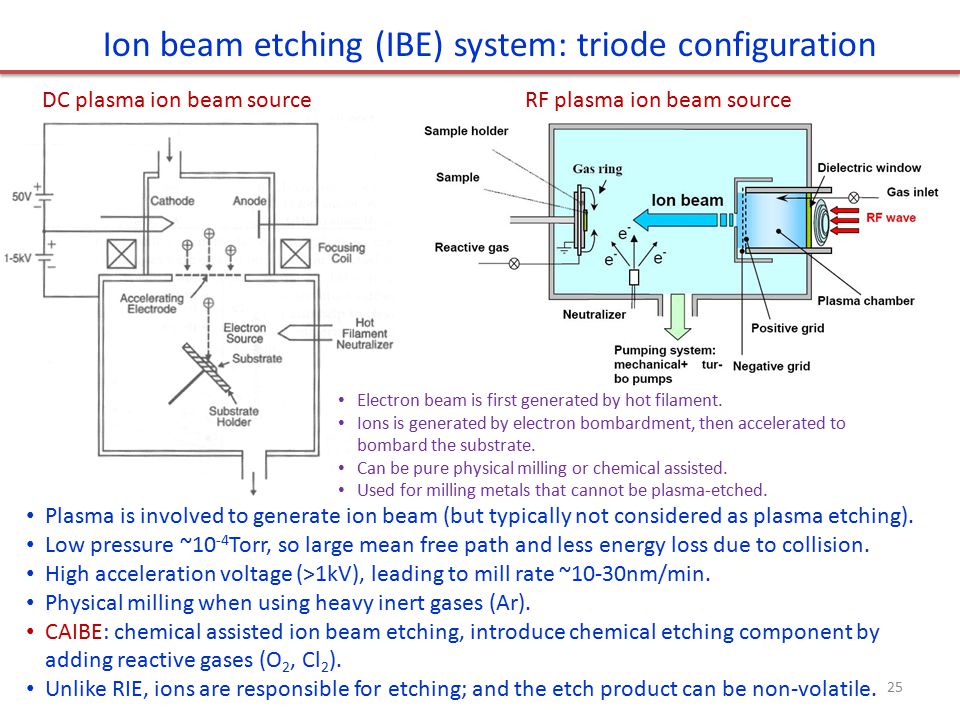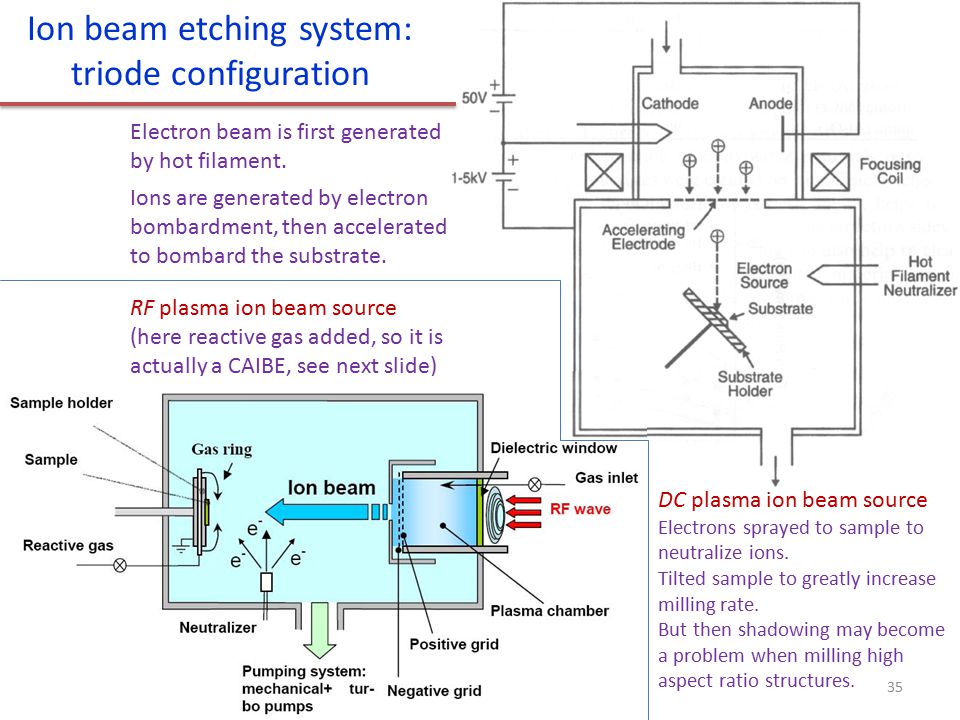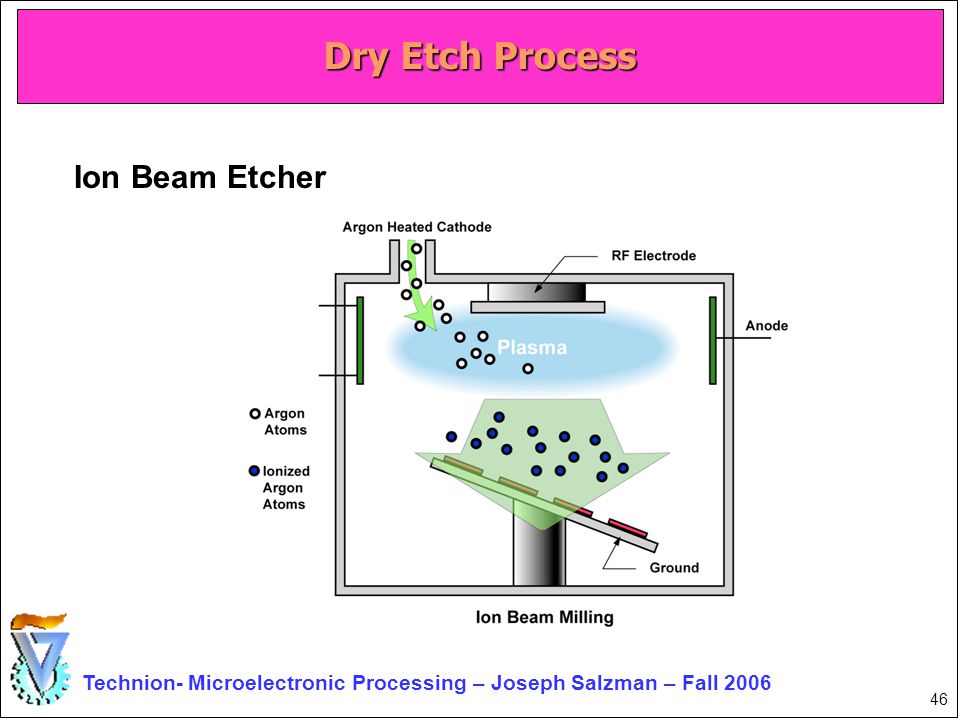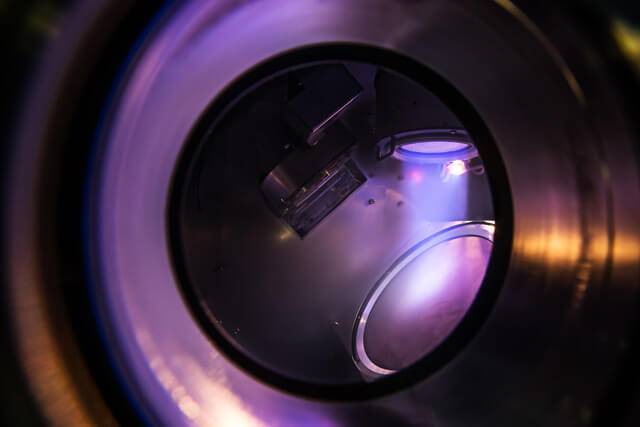Ion beam etch offers maximum flexibility coupled with excellent uniformity while ion beam deposition is ideal for its ability to produce deposited films with high quality dense and smooth surfaces.
Ion beam etching system.
With its fully reactive gas compatibility the system enables reactive etching processes with enhanced selectivity and rate.
This determination process for the etching rate is necessary for all ion beam diameter.
Normally for good uniformity the 15cm etch source can be used for wafers up to 4 while the 30cm etch source is suitable for wafers up to 8.
Oxford instruments is a leading provider of ibe technology systems.
System components such as shields are now easily accessible on the system itself.
The process and the ion source are stable although the parameters may change over time.
The basic dual ion beam sputtering dibs chamber set up as comprises an etching source that precisely directs a neutralised ion beam onto a wafer located in the substrate holder.
Ion beam milling systems.
A sample of the same material is used to determine the etching rate and set the source parameters.
Full surface ion beam etching on 200 mm wafers the scia mill 200 is designed for structuring of complex multilayers of various materials.
Since all ion beam etching must be performed within a clean environment the manufacturer needs to focus on providing an etch module that can perform in a setting without contaminating the space.
The z flex system combines the best of ion beam etching and ion beam sputtering.
Ion beam etching or milling is achieved by directing a beam of charged particles ions at a substrate with a suitably patterned mask in a high vacuum chamber.
This high value combination allows the customer to create thin film structures in common vacuum a significant value proposition compared to the competition.
Ion beam technology provides an exceptionally versatile approach to etch and deposition by offering a single tool and maximising system utilisation.
A variety of sample holders and ion source configurations allow for a diverse range of applications to be carried out.
Ion beam etching also known as ion beam milling or ion milling is the most widely used etching method for preparing solid state samples for scanning electron microscopy sem applications in this process the sample material is bombarded with high energy argon ion beams in a high vacuum chamber.
Reactive ion etching rie is an etching technology used in microfabrication rie is a type of dry etching which has different characteristics than wet etching rie uses chemically reactive plasma to remove material deposited on wafers the plasma is generated under low pressure by an electromagnetic field high energy ions from the plasma attack the wafer surface and react with it.
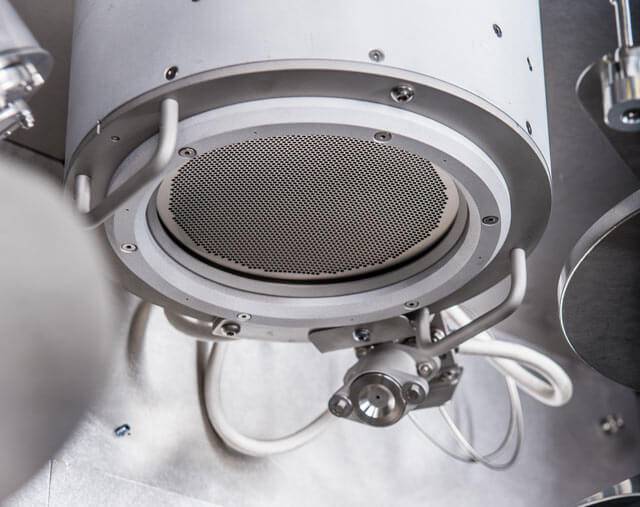
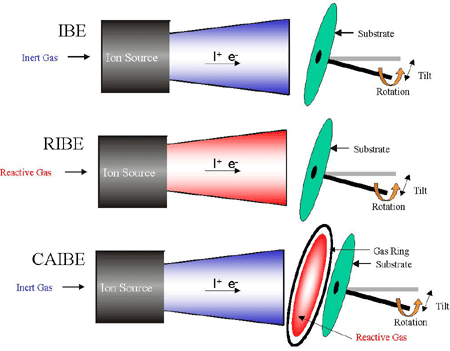
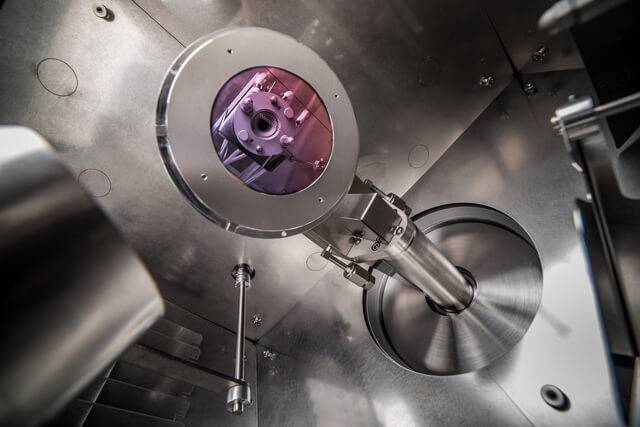
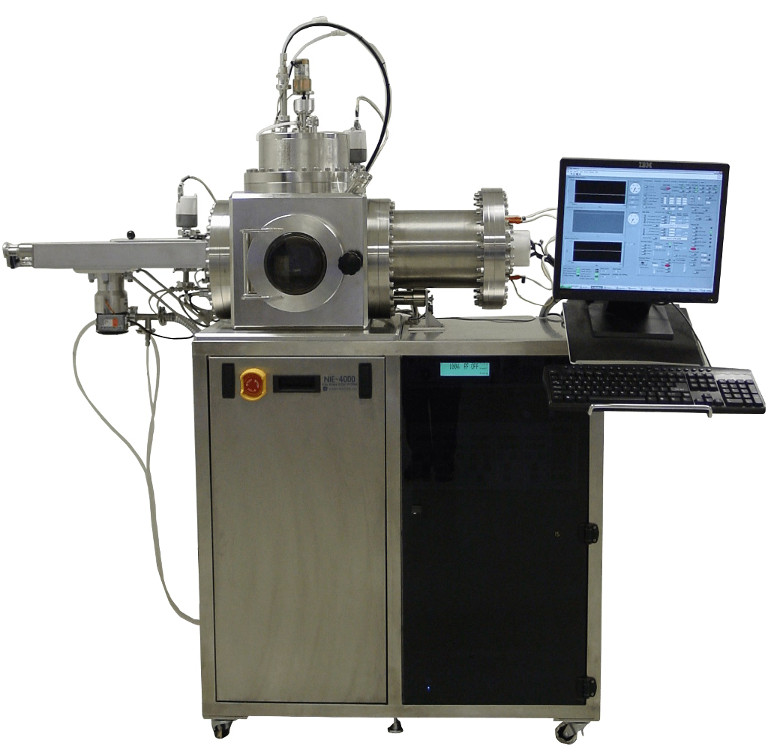

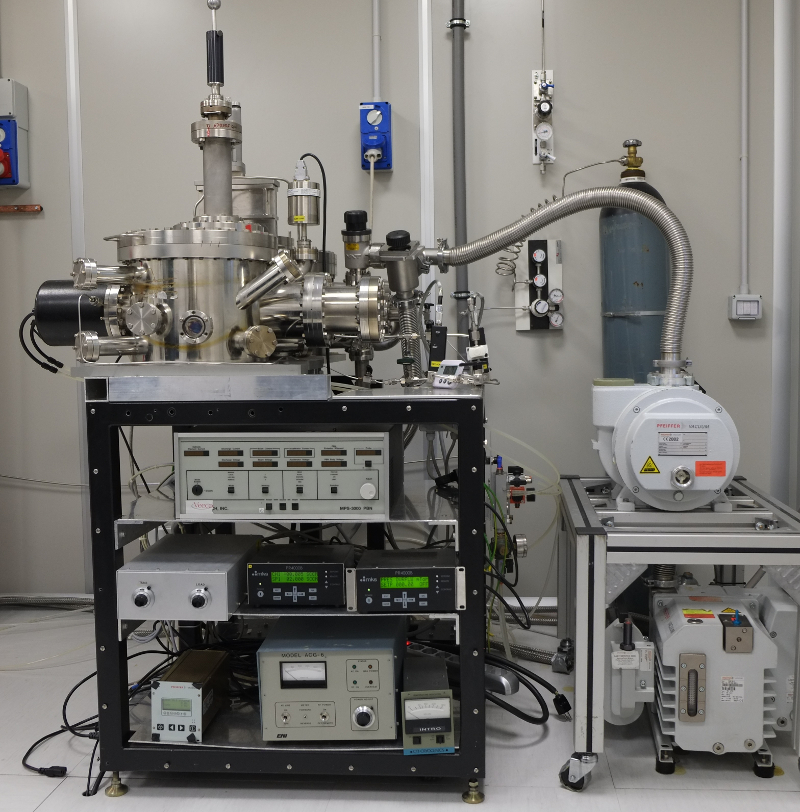
.jpg)

